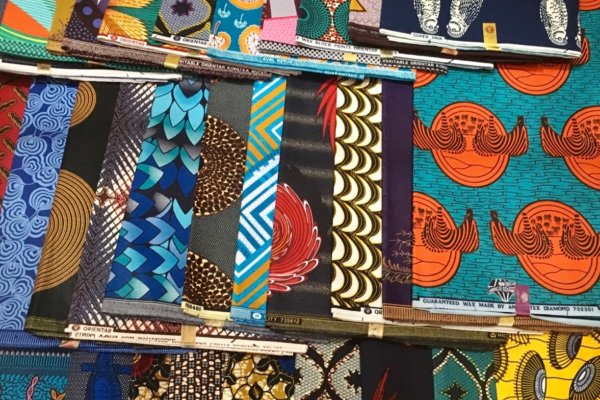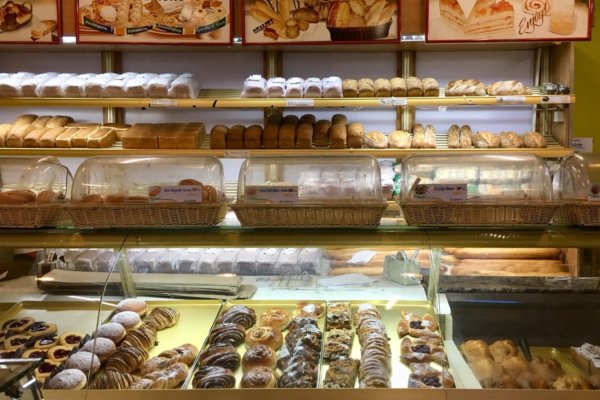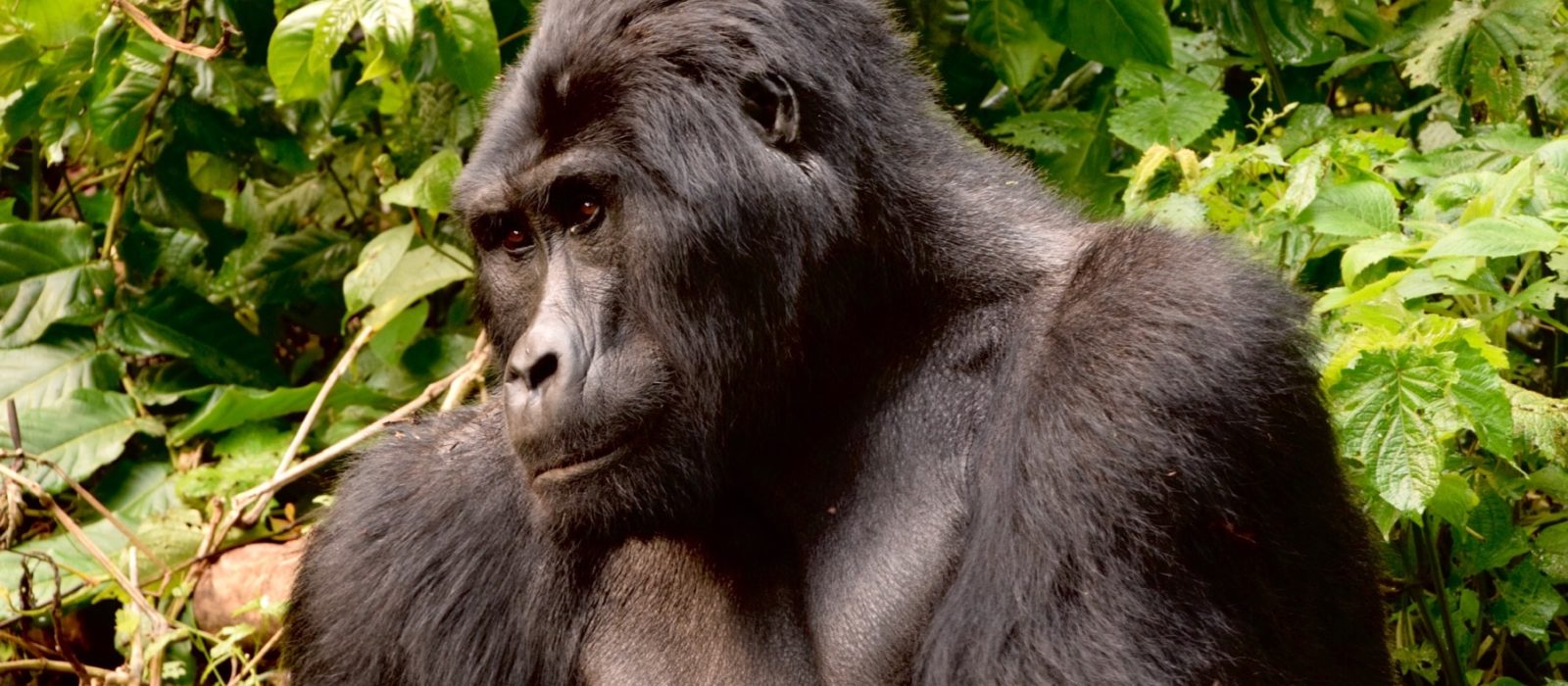
Rwanda,
1 week
- 1 week
- 2 weeks
About Rwanda
The ‘Land of a thousand hills’ maybe associated with the Rwandan Genocide in 1994, but it’s a surprisingly peaceful country of friendly people who are very optimistic about their country's future. If you are into mountain gorilla’s, beautiful lush green rural scenary, volcanoes, rolling hills and valleys combined with lakes and beaches - this is the place to go.
Practical information
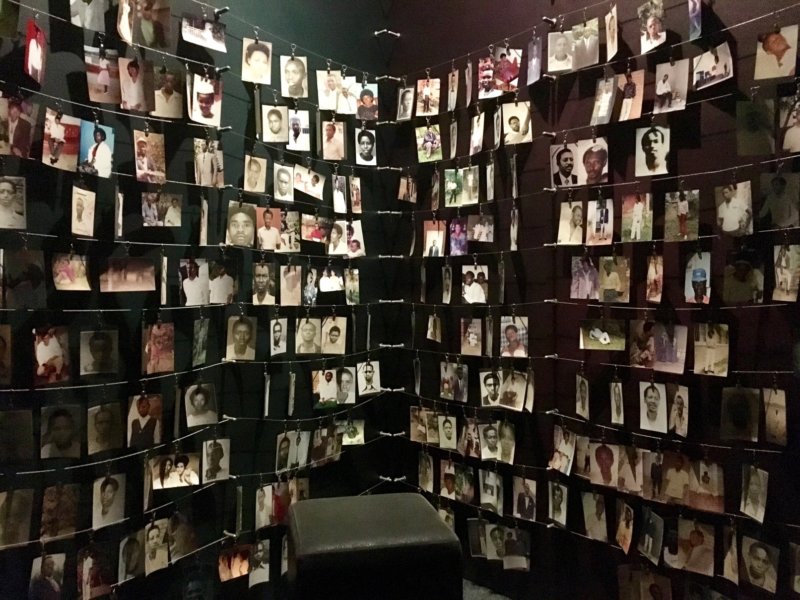
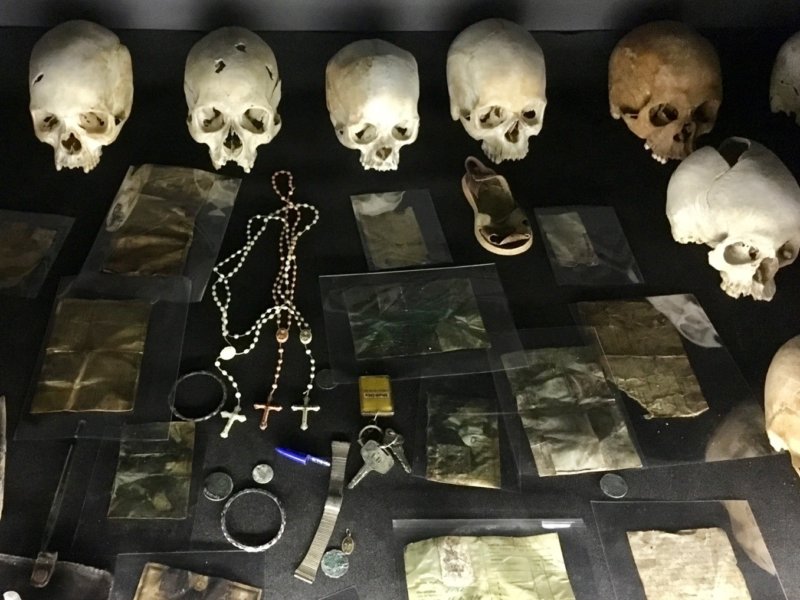
Understand Rwanda’s past & present at Kigali Genocide Memorial Centre
When you think about Rwanda, the first thing that comes to mind is the genocide against the Tutsis. A visit to the Genocide Memorial Centre is a must-do to begin to understanding a country that’s been through so much.
I teared up during my visit. In a span of 100 days nearly one million Tutsis were butchered by the army and civilians. The world stood by and let the blood bath happen. I saw horrible pictures of hundreds of bodies in a church where Tutsis thought they were safe. Pictures of children with prints of machetes in their heads. How can someone murder a neighbour or a friend? And how can people ever trust each other again?
Rwanda has done a remarkable job of reconciliation. Community councels tried the fair part of the perpetrators and everyone must take part in community service for three hours once a month. Incredibly, Tutsis and Hutus, survivors and former killers, now live side by side.
See detail page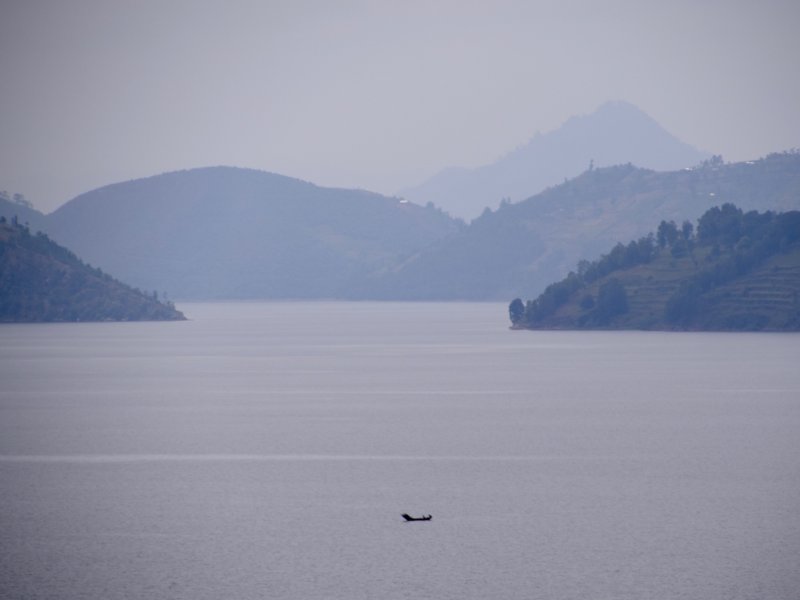
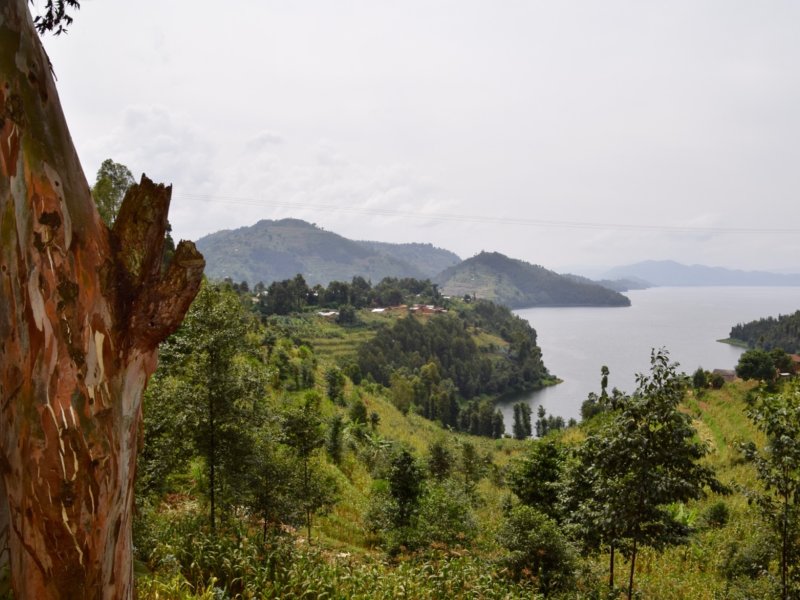
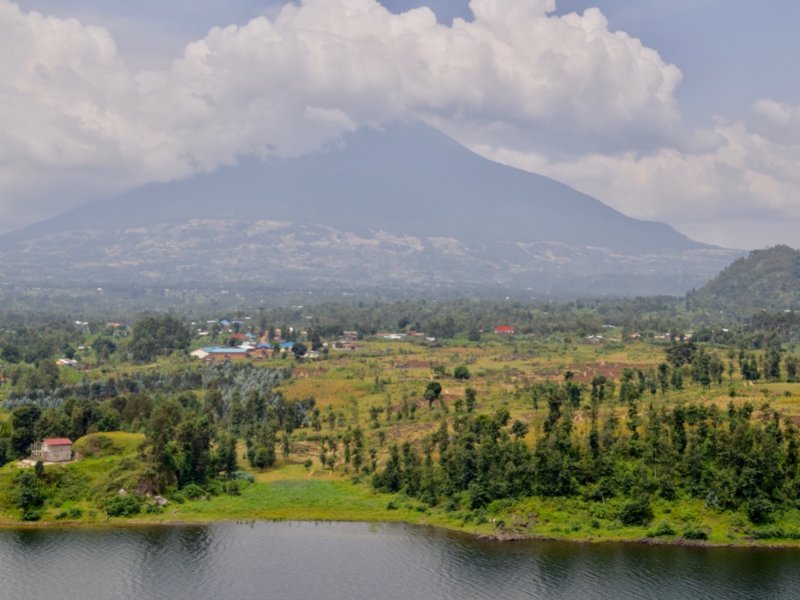
Hike along beautiful Lake Burera
Lake Burera is one of the most neglected lakes of Rwanda. When I learned about that, I thought it was the best reason for exploring! And it was awesome: the lake is beautiful, the stunning inlets, surrounded by steep hills and with a backdrop of the Virunga volcanic mountains make it a wonderful D-tour.
Tip!
Hop on a local bus from Musanze, let it drop you off somewhere along the lake and walk back to the main road.
See detail page
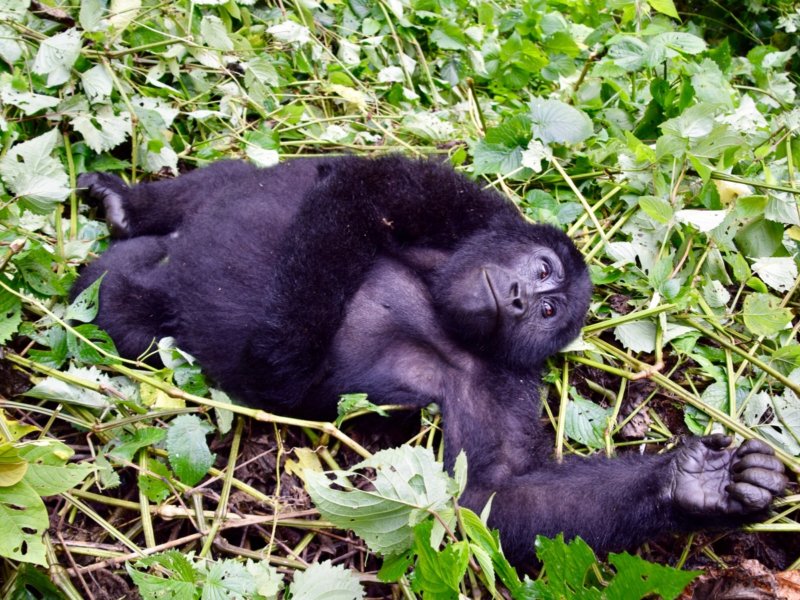
Staring face to face with the mountain gorillas
There is nothing like this. They get up really close and being part of their family for one hour is sooo special. I was a bit sceptical about gorillas being 98.7% human. But I totally turned around, I noticed facial expressions and behavioral patterns familiar to friend...and myself! Our closest living relatives are still wild animals so you need to be careful at all times but the guards look out for you. It is a very expensive visit at 1500 USD (2018), but worth it.
Tip!
See them in Bwindi National Park, Uganda instead. Same experience, but a lot cheaper (600 USD, 2018).
See detail page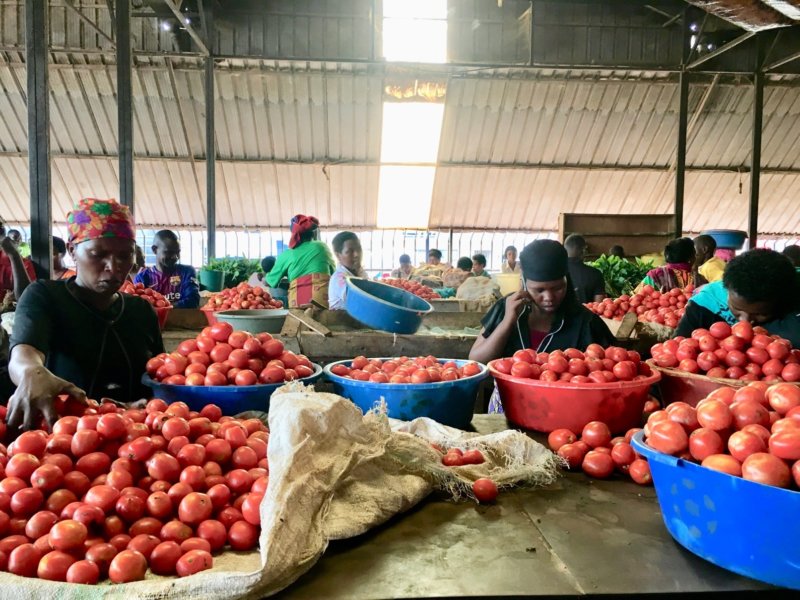
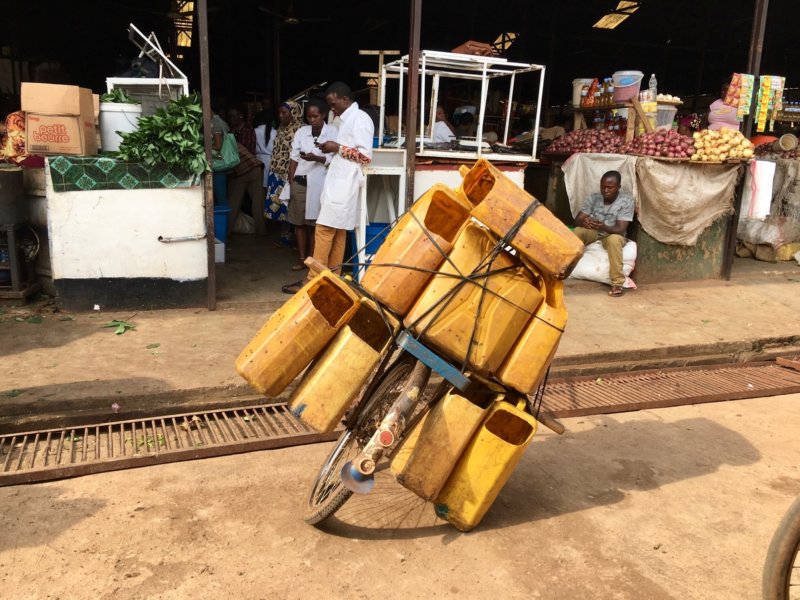
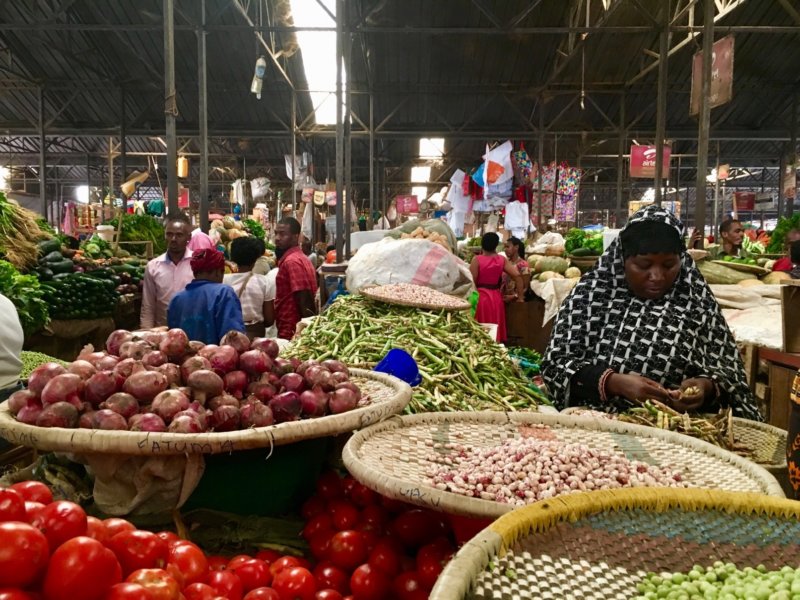
Shop as a local at Kimironko market
Kimironko is the largest market in Kigali. The central covered area is where the locals buy their fruit, vegetables, herbs, spices, dried beans, dried fish, houshold goods and kitenge fabric by the meter. Seamstresses make your dress on the spot!
Tip!
They’ve got some great souvenirs and gifts stalls here. Do not forget to bargain!
See detail page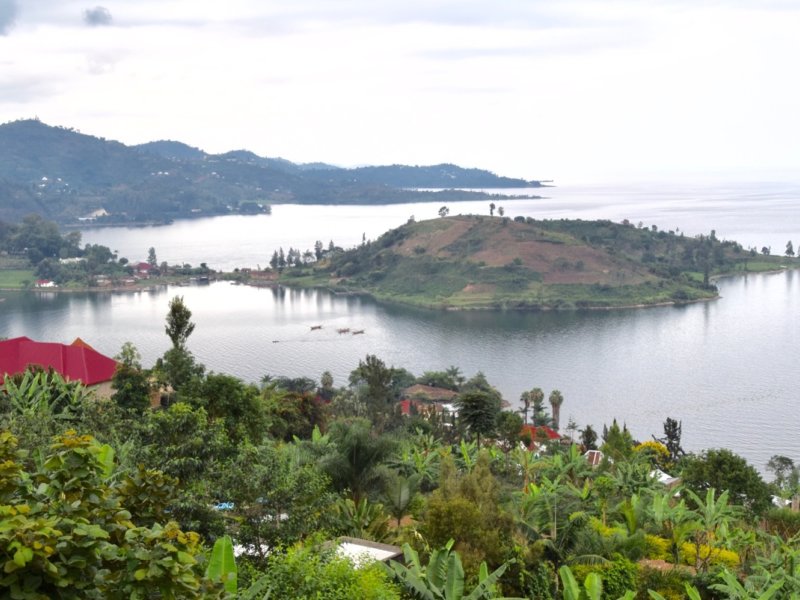
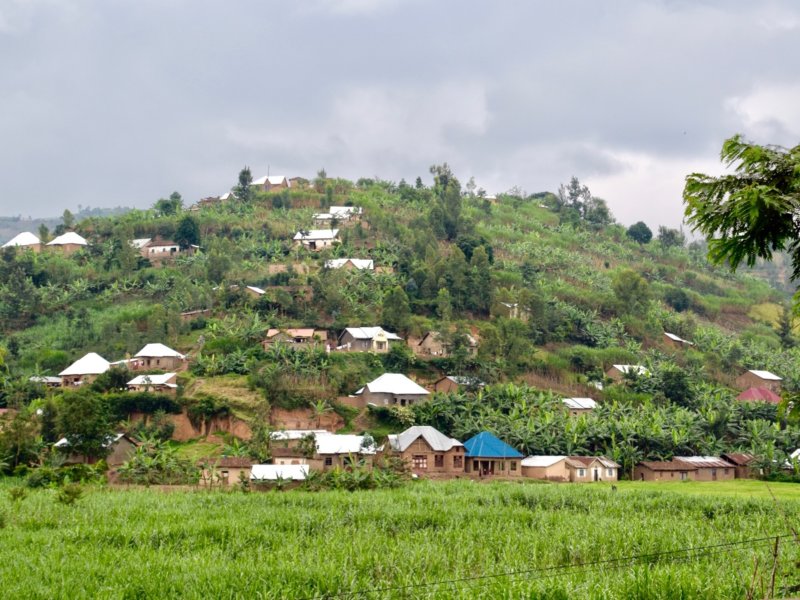
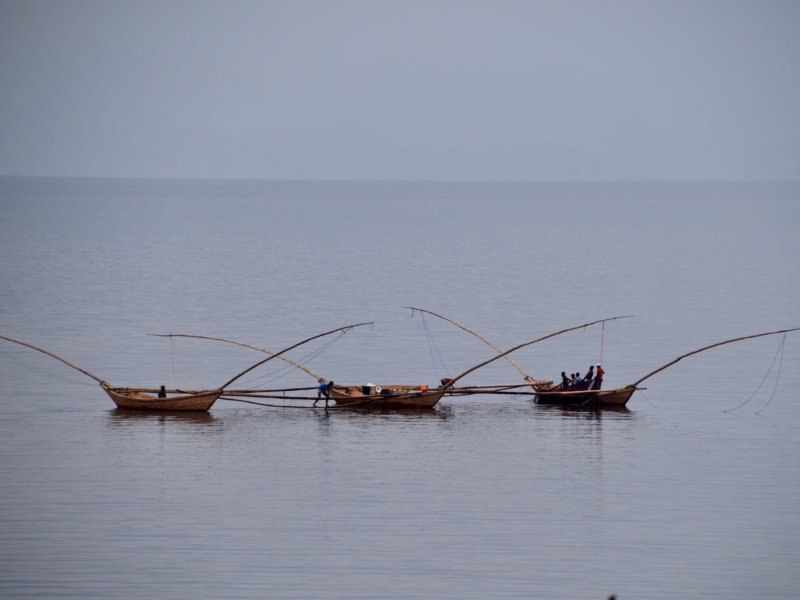
Enjoy Gisenyi’s beach and rolling hills
Lake Kivu, one of the great lakes of East Africa, is situated between DRC Congo to the west and Rwanda to the east. Gisenyi is one of the major waterfront towns, has a good beach and bars and is a good place to go swimming or to rent a fisherman boat or even a kayak and enjoy the lake and islands. I am not really a beach bum so I explored the surrounding area and hiked through the hills to experience rural Rwanda. The scenery is impressive!
A great uphill, but otherwise, easy hike is from Gisenyi to Paradis Malahide Guesthouse (try the sambaza, fresh fish!) and take a local bus or moto back (300 or 700 frank, 2018). If you’re lucky you get to spot one of the typical three-hulled fisherman’s boats at the inlet!
Tip!
For some R&R head to the little private beach at Paradis Malahide Guesthouse or hang at the The Serena hotel pool.
See detail page
If I could re-do it ...
I’d go to Akagera National Park
I would fit in a national park to see more wildlife. Can’t go all the way to Africa without seeing some elephants, right?
Make sure you don't miss ...
1. African print are everywhere. Seamstresses at Kimironko market can sew dresses/pants/bags for you on the spot!
2. Pastry from La Galette, a hidden German bakery/butcher/restaurant - KN 76 Street, Kigali.
